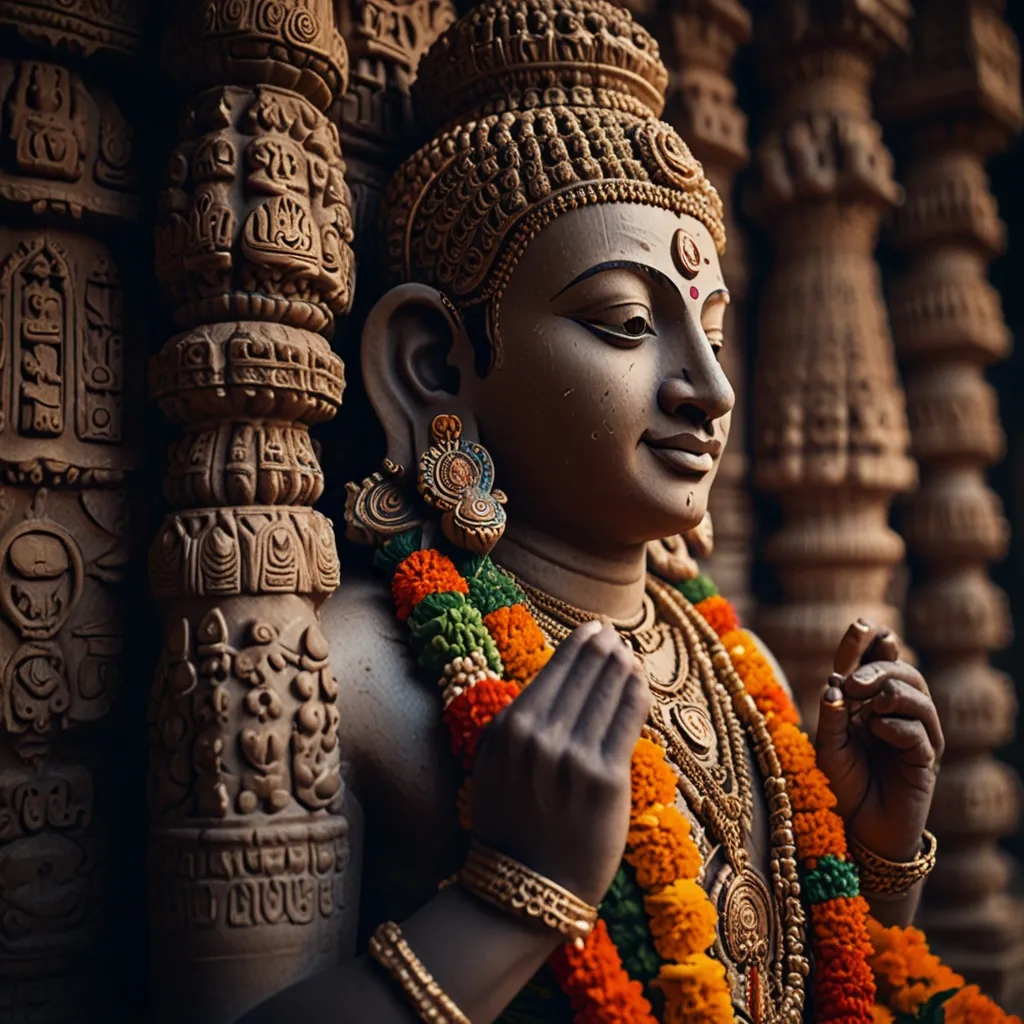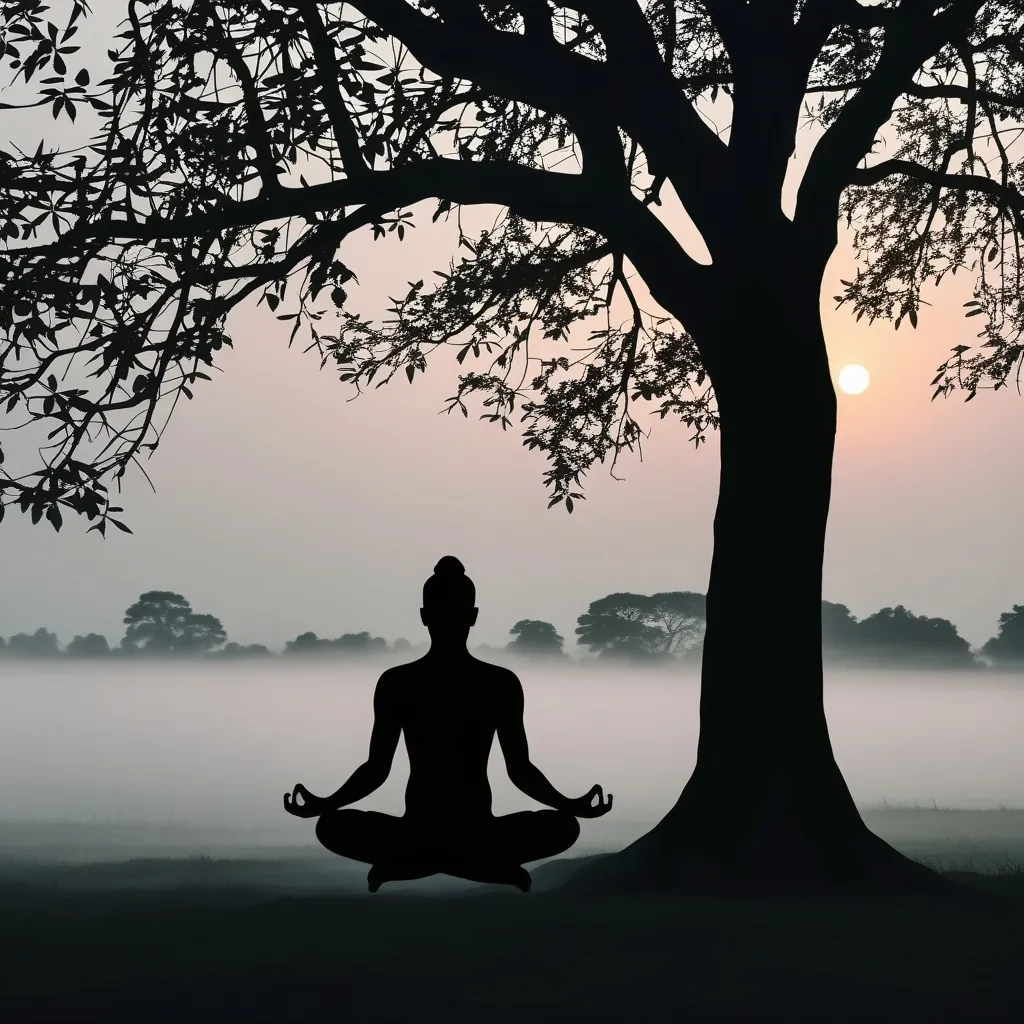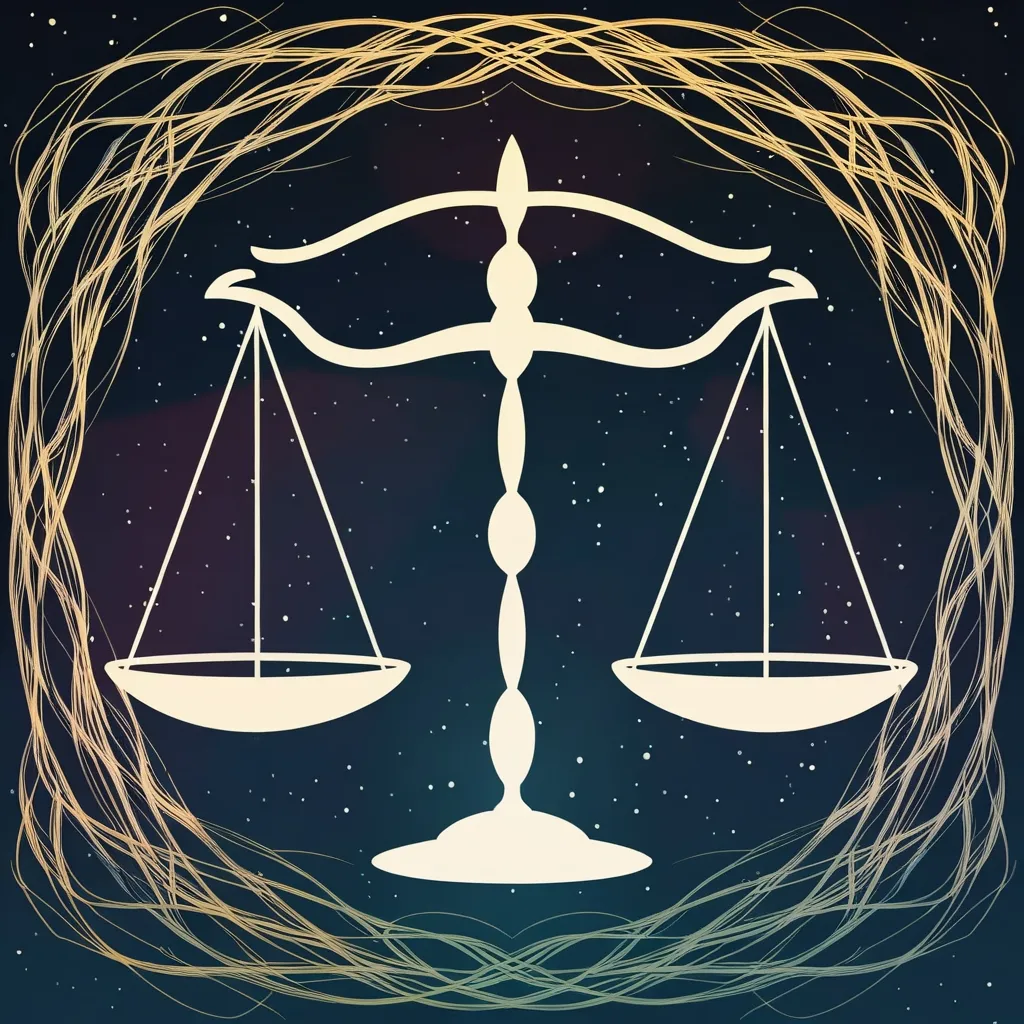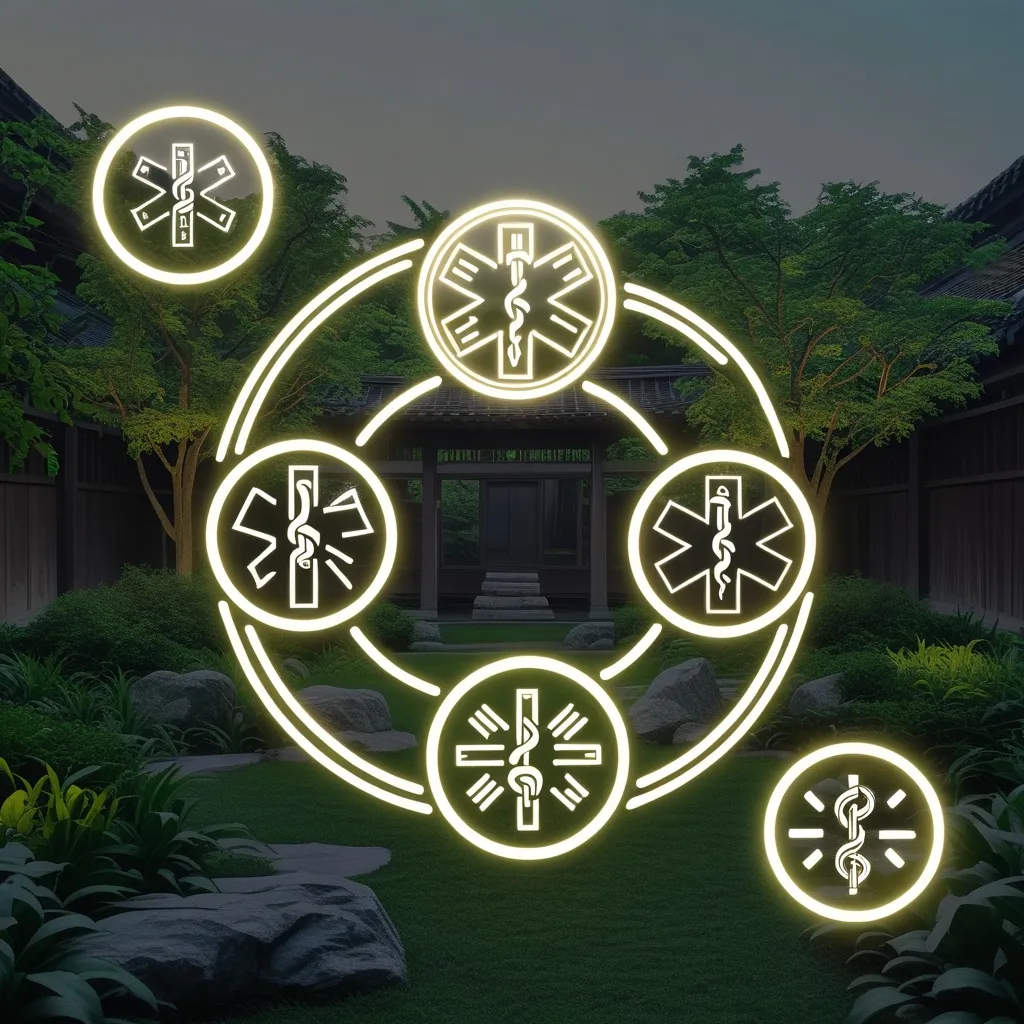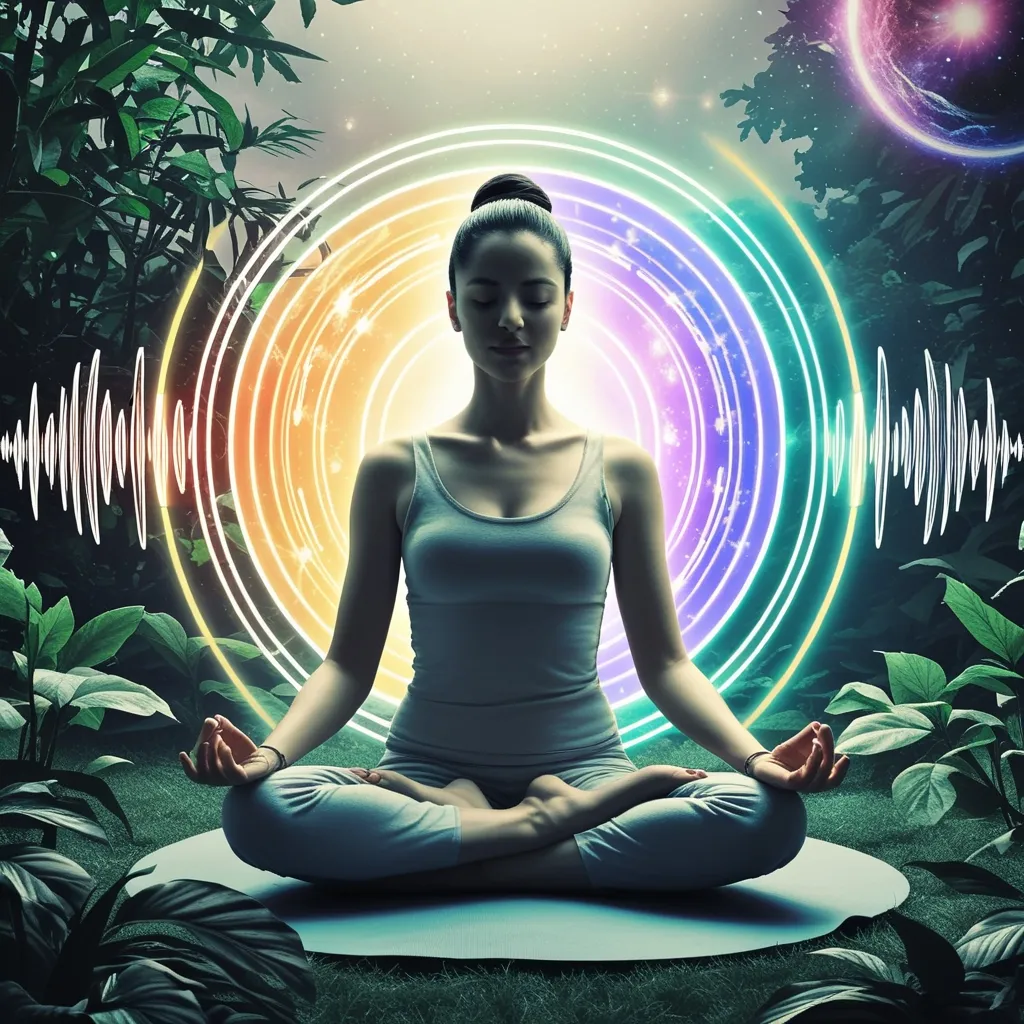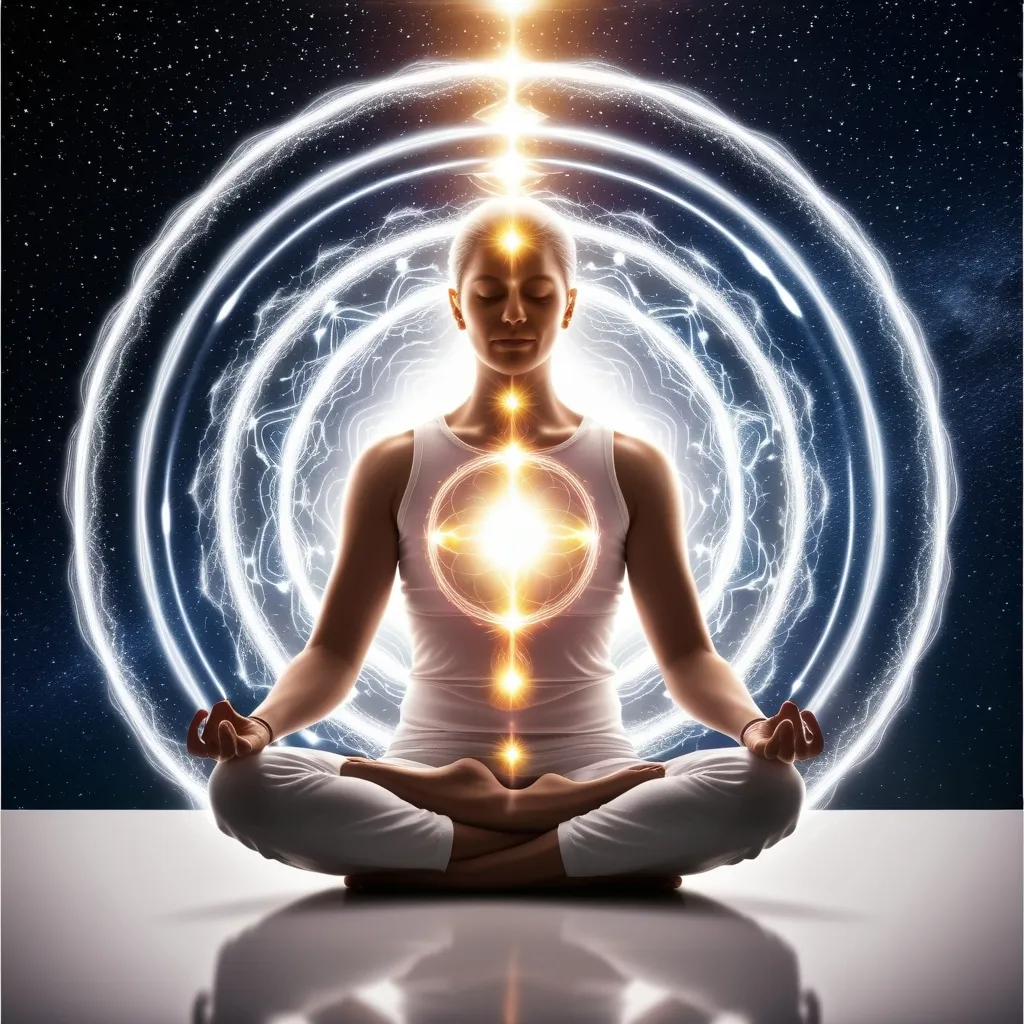Hinduism is a deeply rich and diverse religion, touching the lives of millions for centuries. One of the really cool things about Hinduism is its art and music. They’re not just about creativity and beauty but also play a big role in mental health. Let’s explore how this works.
The Holistic Life Approach
Hinduism isn’t just a religion; it’s a whole way of looking at life. It’s all about balancing four main goals: righteousness (dharma), wealth (artha), love (kama), and spiritual salvation (moksha). You can see these ideas in Hindu art, where temples are more than places to pray. The walls are full of sculptures that show everyday scenes along with religious figures. This mix helps people see the connection between their daily lives and spiritual goals.
Magic of Hindu Art
The detailed sculptures of Hindu art are famous for a reason. Deities are often shown with multiple arms and heads, symbolizing their all-encompassing nature. For example, the god Shiva sometimes has three heads, representing fierce, blissful, and essential aspects. These artistic details help believers grasp the complex nature of their gods and the world.
Music’s Special Role
In Hindu culture, music is super important and has some serious mental health benefits. Indian classical music, with its rich melodies (ragas) and complex rhythms, has been found to boost mood, brain function, and even the immune system. Research shows that music therapy can help with depression, anxiety, and schizophrenia, making it a handy tool for mental health.
Music Therapy in Practice
In Hinduism, music isn’t just for fun – it’s a tool for spiritual and mental growth. Chanting mantras and doing Pranayama (breathing exercises) can lower anxiety and lift your mood. These practices help people connect with their inner selves, promoting calm and balance. Because music is woven into religious ceremonies and daily life, its therapeutic potential is naturally integrated into mental health care.
Big Impact on Mental Health
Hindu teachings put a spotlight on caring for mental health as part of spiritual growth. The idea that the mind is a temple for the soul shows the importance of mental well-being. Practices like meditation and Pranayama are recommended for controlling the mind and finding inner peace. Studies show these practices help beat symptoms of mental disorders like OCD and depression by boosting mood and energy.
Real-Life Benefits
There are real stories showing how Hindu art and music help with mental health. For instance, a man with OCD and depression saw major improvements after adding mantra meditation and Pranayama to his routine. He felt more motivated, had more energy, and his anxiety dropped. This example shows how spiritual practices can be a big help in mental health treatment.
Wrapping It Up
Hindu art and music are more than cultural expressions; they’re powerful tools for mental health. By embracing these parts of Hinduism, people can find holistic ways to handle mental health issues. The mix of spiritual and everyday themes in art and the therapeutic power of music make them invaluable for well-being.
